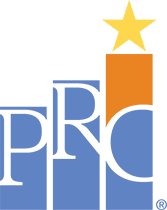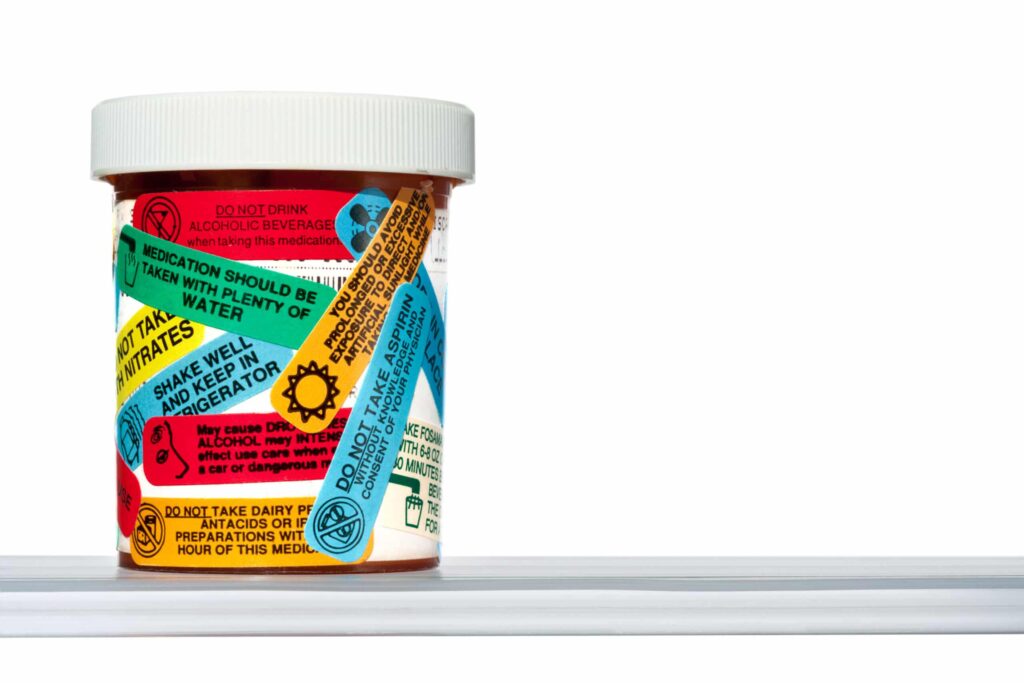Every time you read the instructions on a bottle of Nyquil or follow the discharge instructions after a medical procedure, you express your health literacy. Unfortunately, this isn’t so easy for too many Americans. You don’t need to look far to find examples of poor health literacy. Often, these cases lead to ER visits for diseases that are poorly managed, or to a lack of care altogether for those unable to navigate the healthcare system. Many of these instances come down to one simple, startling fact—nearly one in four Americans lack the communicative skills necessary to hold productive conversations with caregivers and, as a result, suffer negative health consequences.
Just as many healthy people take their health for granted, it’s easy to assume that everyone shares your ability to communicate and understand basic health information. Individuals with low health literacy seldom find written or spoken health information easy to understand, need help reading health information, and/or are not confident completing health forms. This results in miscommunications about critical components of healthcare, such as medical history, symptoms, and proper treatment. At greater risk are men, Latinos, low-income populations, those with a high school education or less, and the unemployed or unable to work—many of whom already experience poorer health status.
Health literacy does not mean having the same scientific knowledge as a physician and being fluent in medical jargon. Rather, it is the ability to obtain, access, and understand health information, using these faculties to make appropriate health decisions. These decisions can range from knowing when a condition warrants a trip to the emergency room to being able to simply read the instructions on a prescription pill bottle. Today’s health illiterate struggle with increasingly common instances such as seeing multiple specialists with decreased continuity of care, short doctor visits which don’t allow for detailed explanations, and the inherent, bureaucratic complexities of health insurance and health systems.
Of course, barriers to medical care do not begin when the patient enters a clinic. Compared with the general population, those with low health literacy are significantly less likely to have had recent preventive health services, such as a dental visit in the past year, blood pressure check in the past two years, cholesterol check in the past five years, and (for non-diabetics) a blood sugar test in the past three years.
Further, health illiteracy also takes a serious toll on mental health. With a higher prevalence of symptoms of chronic depression and increased confusion and memory loss in those ages 45 and older, this population truly needs access to health services. A greater proportion of this group rates their physical and mental health as fair or poor but is largely without access to proper care. PRC’s research on health literacy can reveal the community health needs closes to your home. Download the below white paper to learn more about the impacts of health literacy on national populations.
Learn how PRC can help you champion DEI in your workplace with our DEI Pulse Studies!


